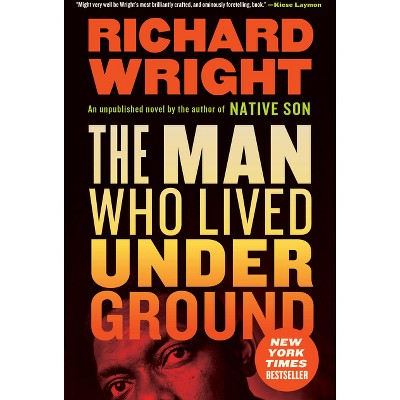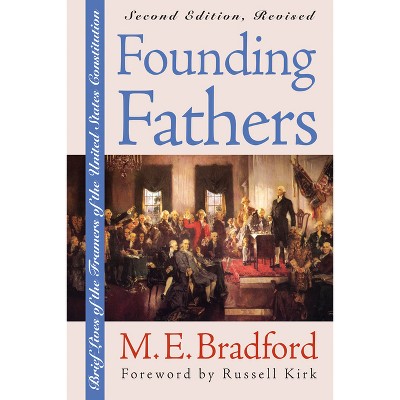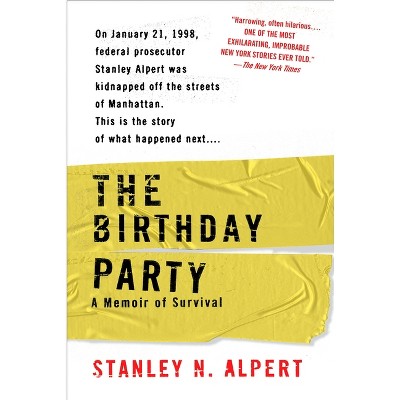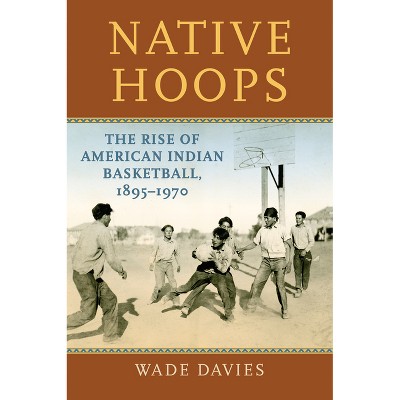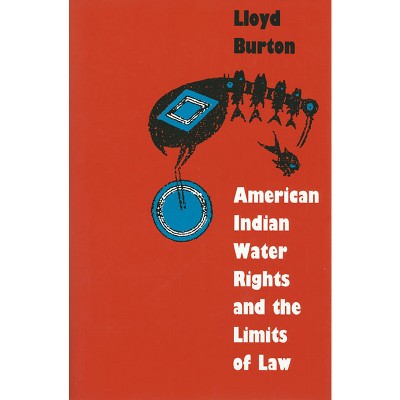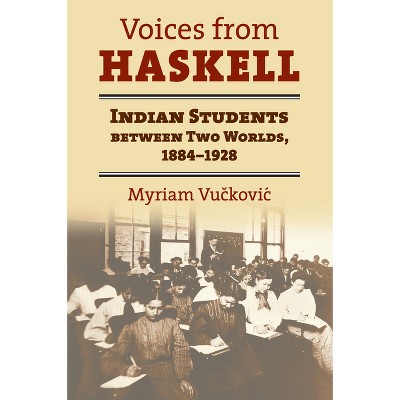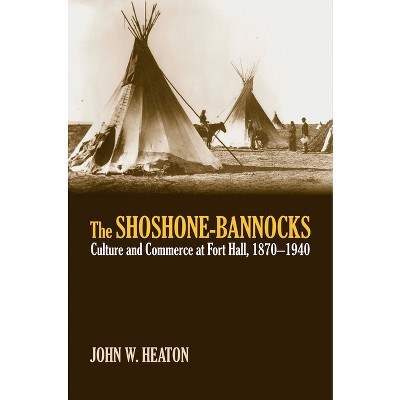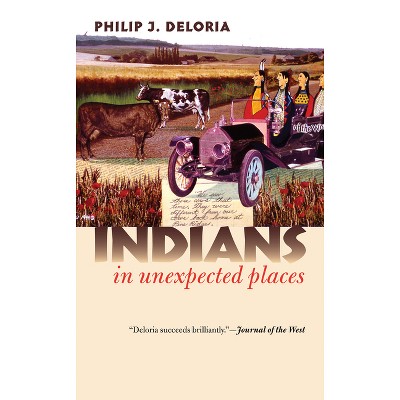Sponsored

Native Activism in Cold War America - by Daniel M Cobb (Paperback)
In Stock
Sponsored
About this item
Highlights
- Winner: Labriola Center Book Award The heyday of American Indian activism is generally seen as bracketed by the occupation of Alcatraz in 1969 and the Longest Walk in 1978; yet Native Americans had long struggled against federal policies that threatened to undermine tribal sovereignty and self-determination.
- Author(s): Daniel M Cobb
- 318 Pages
- History, Native American
Description
About the Book
Broadens the scope and meaning of American Indian political activism by focusing on the movement's early--and largely neglected--struggles, revealing how early activists exploited Cold War tensions in ways that brought national attention to their issues.Book Synopsis
Winner: Labriola Center Book Award
The heyday of American Indian activism is generally seen as bracketed by the occupation of Alcatraz in 1969 and the Longest Walk in 1978; yet Native Americans had long struggled against federal policies that threatened to undermine tribal sovereignty and self-determination. This is the first book-length study of American Indian political activism during its seminal years, focusing on the movement's largely neglected early efforts before Alcatraz or Wounded Knee captured national attention.
Ranging from the end of World War II to the late 1960s, Daniel Cobb uncovers the groundwork laid by earlier activists. He draws on dozens of interviews with key players to relate untold stories of both seemingly well-known events such as the American Indian Chicago Conference and little-known ones such as Native participation in the Poor People's Campaign of 1968. Along the way, he introduces readers to a host of previously neglected but critically important activists: Mel Thom, Tillie Walker, Forrest Gerard, Dr. Jim Wilson, Martha Grass, and many others.
Cobb takes readers inside the early movement--from D'Arcy McNickle's founding of American Indian Development, Inc. and Vine Deloria Jr.'s tenure as executive director of the National Congress of American Indians to Clyde Warrior's leadership in the National Indian Youth Council--and describes how early activists forged connections between their struggle and anticolonialist movements in the developing world. He also describes how the War on Poverty's Community Action Programs transformed Indian Country by training bureaucrats and tribal leaders alike in new political skills and providing activists with the leverage they needed to advance the movement toward self-determination.
This book shows how Native people who never embraced militancy--and others who did--made vital contributions as activists well before the American Indian Movement burst onto the scene. By highlighting the role of early intellectuals and activists like Sol Tax, Nancy Lurie, Robert K. Thomas, Helen Peterson, and Robert V. Dumont, Cobb situates AIM's efforts within a much broader context and reveals how Native people translated the politics of Cold War civil rights into the language of tribal sovereignty.
Filled with fascinating portraits, Cobb's groundbreaking study expands our understanding of American Indian political activism and contributes significantly to scholarship on the War on Poverty, the 1960s, and postwar politics and social movements.
Review Quotes
"A valuable study, one that combines riveting narration, shrewd analysis, and a sharp understanding of the existing literature with fresh research, both archival and oral."--American Historical Review
"A portrait of astute Indian politicking, conflict, and personal struggles, greatly adding to our understanding of American history in this crucial era."--Western Historical Quarterly
"A common perception of the American Indian activist movement is that it began with the occupation of Alcatraz in 1969. This study by historian Cobb makes the case that the period from the start of the Cold War to 1968 was critical for generating ideas and training a new generation of leaders who brought issues of Indian sovereignty and rights to public attention. . . . Cobb adds to the literature on this period by presenting vignettes of some two dozen activists whom he personally interviewed."--Choice
"This very readable text is suitable for American Indian studies and related courses at all levels."--Montana The Magazine of Western History
"An outstanding and important achievement."--Journal of American Ethnic History
"This book brings to light the efforts of a broad variety of Native leaders who shaped the future of Indian intellectualism, Indian policy, and tribal development in the latter twentieth century. . . . Essential reading for anyone attempting to understand the forces of change and the precursors to AIM in the years between the end of the Second World War and 1970."--Wicazo SA Review
"This is an exceptional book that requires a close read. It is well researched and brings to the reader an understanding of Indian political activism that has long been neglected or relegated to the dustbins of history. Organizations and people that fought in obscurity for Indian rights are presented in great detail, including their strong and weak points. . . . I highly recommend this book for colleges and universities for inclusion in courses on American Indian History post-1960, Contemporary American Indian Issues, and Federal Indian Law."--Reviews in American History
"An exceptional book. I highly recommend it for inclusion in courses on American Indian history post-1960, contemporary American Indian issues, and federal Indian law."--Troy Johnson, chair of the American Indian Studies Program at California State University, Long Beach, in Reviews in American History
"An impressive and significant achievement, Cobb's engaging chronicle illuminates the distinctive, complex, and 'longer' story of postwar American Indian movement politics. . . . Will make an original and important contribution to the literature on American Indian political activism, on federal Indian policy, on LBJ's War on Poverty, and on post-1945 U.S. politics and social movements more generally. It will also find a ready audience among readers concerned with contemporary questions of power, identity, and politics."--Alice O'Connor, author of Poverty Knowledge: Social Science, Social Policy, and the Poor in Twentieth-Century U.S. History
Shipping details
Return details
Trending Non-Fiction





